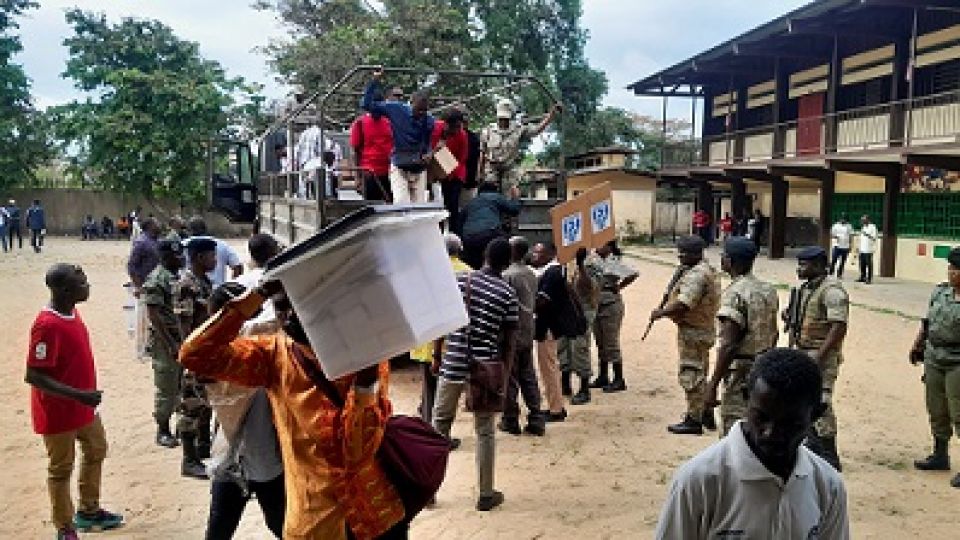from DIDIER NDONG in Libreville, Gabon
Gabon Bureau
LIBREVILLE, (CAJ News) – THE military coup in Gabon has sent shockwaves across a continent that is struggling to fulfil its mantra of silencing the guns.
For France, the latest upheaval in a former colony could be a fresh setback, at a time its influence in the continent is diminishing after a string of coups in West Africa, mainly in the Francophone region.
On Wednesday, the military in the Central African country announced the overthrow of President Ali Bongo Ondimba, who had been announced the winner of the elections held last Saturday.
The military alleges the poll was rigged.
The armed forces announced the cancellation of the election results (Ondimba won 64,2 percent of the vote) and the dissolution of government institutions.
Members of the military have reportedly placed Ondimba under house arrest and apprehended members of government.
Coming at a time when the African Union (AU) is grappling with the July 26 coup in Niger, the seizure of power brings to an end 56 years of domination by the Bongo dynasty.
Omar Bongo, now late, was president from 1967 until his demise in 2009.
His son, Ondimba, succeeded him and critics accused him of vote rigging and repression to retain power in one of the oil-rich nation of 2,4 million people.
Residents have poured out on the streets of the capital, Libreville, in jubilation.
“This is a new era. It feels like independence day,” said Yves Obone.
He is among hordes of youth bearing the brunt of unemployment and high income inequality. A large proportion of the population remains poor while the elite are well-off.
“The resources of this country only benefit the president, his family and cronies. Their ouster is a welcome development,” said another citizen, Audrey Ntsame.
How Gabon moves on from this coup is open to conjecture.
Thomas van Linge, a researcher, explained the coup in Gabon is different from those in the Economic Community of West African States (ECOWAS) bloc.
“Whereas coups in ECOWAS states were in response to failing security operations and growing Islamic extremism, the one in Gabon is the result of a failing electoral process,” he noted.
While apprehension is palpable in Gabon, across the continent, analysts and politicians have been vocal.
In South Africa, opposition leader, Mmusi Maimane, warned of the prevalence of coups if citizens lost faith in elections.
“South Africa take note,” he said.
“When elections lose credibility and people are rendered powerless, military coups become the order of the day and we all suffer from increased violence and insecurity. Gabon is a warning to us about how to deal with Zimbabwe.”
Zimbabwe is on the throes of another disputed election, which saw incumbent Emmerson Mnangwaga, retain the presidency after last week’s poll.
He came to power in 2017 after a coup ousted longtime leader, Robert Mugabe (deceased).
Analysts noted the coup could be a setback to France, whose influence in Africa has been thinning after a series of coups in its former colonies.
“French interests continue to crumble in Africa,” noted Adulis Tariq.
Nigerian politician, Femi Fani-Kayode, said with events in Gabon, it is fair to say that the hegemony of the French in Africa is almost over.
“They have been challenged, humiliated, ridiculed, diminished, demystified and rubbished by most of their erstwhile African colonies,” he said.
“The hatred, contempt, opprobrium and disdain that they attract from the overwhelming majority of Africans is mind-boggling and unprecedented,” Fani-Kayode said.
Gabon attained independence in 1960 after over a century of colonialism.
– CAJ News

